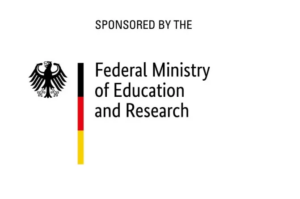Alessia Marcassoli from the Fondazione IRCCS Istituto Neurologico Carlo Besta in Milan and Sebastian Friedrich from University Hospital Freiburg traveled to Prague to represent the GrowDMD project at the World Muscle Society 2024 congress. Together, they presented three research posters addressing the critical issue of healthcare transition for young people with Duchenne muscular dystrophy.
Three Research Perspectives
The first poster (379P) presented findings from qualitative interviews with DMD patients aged 15-25 and their caregivers across Germany, Italy, and Canada. The research revealed significant gaps in transition support, with families reporting a lack of structured policies and insufficient information during the move from pediatric to adult care. The study highlighted how young people and families often feel unsupported during this critical period.
The second poster (334P) outlined the comprehensive GrowDMD study methodology, which employs an integrated knowledge translation approach. This international collaboration involves not only researchers but also patient advocacy organizations and patient partners throughout the research process. The study aims to develop practical recommendations that can be adapted to different healthcare contexts while serving as a model for transition care in rare diseases.
The third poster (335P) focused on healthcare providers’ perspectives, drawing from interviews with 30 professionals across the three participating countries. Preliminary findings identified the importance of clearly defined roles for patients, caregivers, and healthcare providers, while highlighting specific barriers and enablers in the transition process. The research underscored the challenges medical teams face as DMD life expectancy continues to improve.
Addressing a Critical Care Gap
The GrowDMD project addresses an urgent need in DMD care. As treatment advances extend life expectancy, the transition from pediatric to adult healthcare has become increasingly important. The research presented in Prague represents a systematic effort to understand current challenges and develop evidence-based solutions that can improve outcomes for young adults with DMD internationally.


